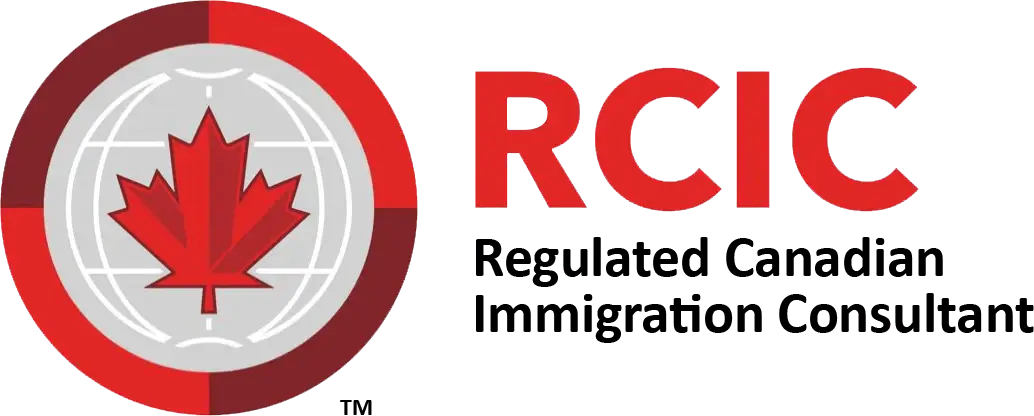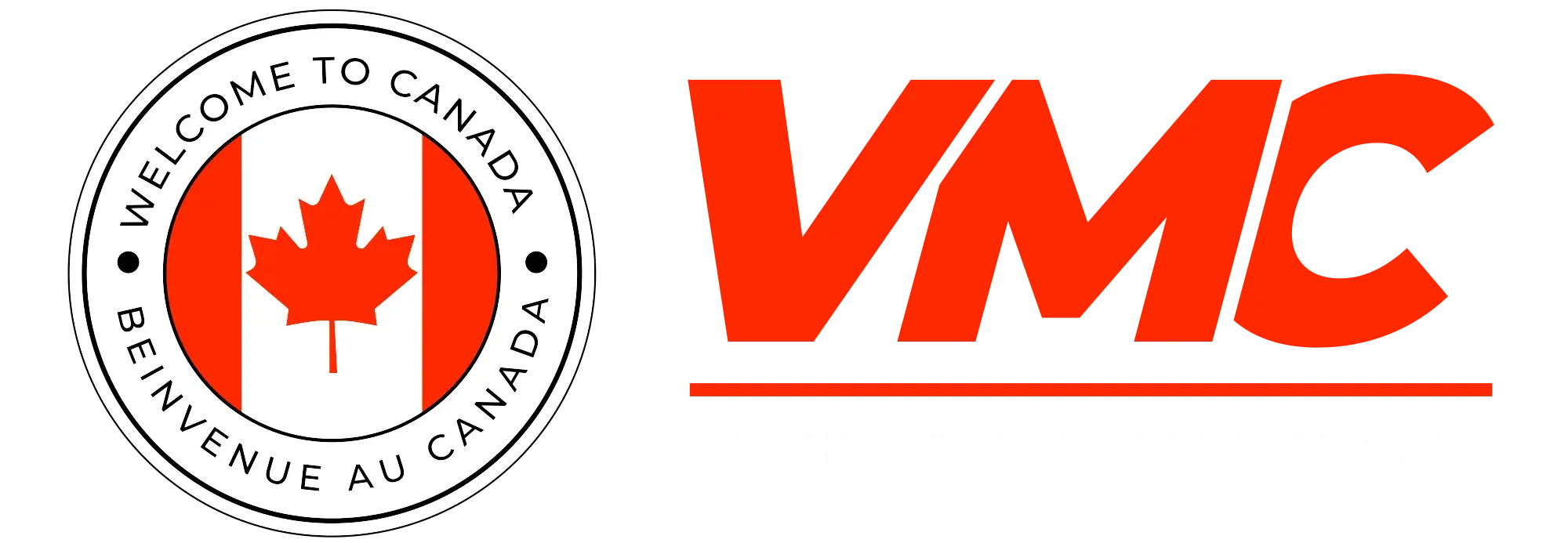Learning Beginner French for Canadian Immigration: Your Complete Guide
Are you planning to immigrate to Canada and wondering about the language requirements? Learning beginner French for Canadian immigration can significantly boost your chances of success, especially if you’re considering provinces like Quebec. With the right approach and resources, mastering basic French skills becomes an achievable goal that opens doors to better immigration opportunities.
At Visa Master Canada, we understand that language proficiency is a crucial component of your immigration journey. This comprehensive guide will walk you through everything you need to know about learning beginner French for Canadian immigration.
Why French Matters for Canadian Immigration
Canada is officially bilingual, and French proficiency can dramatically improve your immigration prospects. Here’s why learning beginner French for Canadian immigration should be on your priority list:
- Additional CRS Points: Boost your Express Entry score with French language skills
- Quebec Immigration: Essential for Quebec’s immigration programs
- Job Opportunities: Access bilingual positions with higher salaries
- Settlement Ease: Better integration into French-speaking communities
- Provincial Nominee Programs: Enhanced eligibility for certain PNPs
Ready to start your immigration journey? Get your visa consultation with Visa Master Canada today!
Top Tips for Learning Beginner French for Canadian Immigration
1. Understand the TEF Canada Test Requirements
When learning beginner French for Canadian immigration, familiarize yourself with the TEF Canada (Test d’Évaluation de Français) format:
- Listening Comprehension (Compréhension orale)
- Reading Comprehension (Compréhension écrite)
- Speaking (Expression orale)
- Writing (Expression écrite)
The Canadian Language Benchmark (CLB) levels you need depend on your immigration program. Most programs require at least CLB 7 for optimal points.
2. Start with Essential Grammar Foundations
Focus on these fundamental grammar concepts:
- Present tense verbs (être, avoir, regular -er, -ir, -re verbs)
- Basic sentence structure (subject-verb-object)
- Gender of nouns (masculine/feminine)
- Common adjectives and their agreement
- Question formation
- Negation (ne…pas)
3. Build Immigration-Specific Vocabulary
Prioritize vocabulary relevant to your immigration process:
- Personal identification: name, age, nationality, occupation
- Family members: spouse, children, parents
- Work experience: job titles, responsibilities, skills
- Education: degrees, diplomas, institutions
- Daily activities: routines, hobbies, interests
- Canadian context: provinces, cities, services
4. Use Free Online Resources
Maximize these excellent free platforms for learning beginner French for Canadian immigration:
- Duolingo: Gamified daily practice (15-20 minutes daily)
- TV5Monde: Authentic French content with exercises
- RFI Savoirs: News-based learning materials
- Français avec Pierre: YouTube channel with clear explanations
- CBC French: Canadian French exposure
- Lingoda: Free trial classes
- Anki: Spaced repetition flashcards
5. Practice Canadian French Specifically
Canadian French has unique characteristics:
- Different pronunciation patterns
- Québécois vocabulary variations
- Common expressions used in Canada
- Listen to Radio-Canada podcasts
- Watch Télé-Québec programs
- Follow Canadian French YouTubers
6. Create a Structured Study Schedule
Consistency is key when learning beginner French for Canadian immigration:
Daily Routine (1-2 hours):
- Morning: 20 minutes vocabulary review
- Afternoon: 30 minutes grammar practice
- Evening: 30 minutes listening/speaking exercises
- Before bed: 10 minutes reading
Weekly Goals:
- Learn 50-100 new words
- Master one grammar concept
- Complete 2-3 practice TEF tests
- Have one conversation exchange session
7. Find a Language Exchange Partner
Connect with native French speakers:
- HelloTalk: Language exchange app
- Tandem: Practice with native speakers
- ConversationExchange: Find local or online partners
- Meetup.com: Join French conversation groups
- r/French Reddit community: Ask questions and practice
8. Enroll in Structured Courses
Consider these effective course options:
- Alliance Française: Gold standard for French education
- Berlitz: Intensive courses for test preparation
- Rosetta Stone: Immersive method
- Babbel: Practical conversation focus
- Local community colleges: Often offer subsidized French classes
- Online tutors (iTalki, Preply): Personalized one-on-one lessons
9. Immerse Yourself in French Daily
Create a French environment:
- Change your phone/computer language to French
- Watch Netflix with French audio and subtitles
- Listen to French podcasts during commute
- Read simple French books or children’s stories
- Follow French social media accounts
- Label household items with French names
10. Take Regular Practice Tests
Track your progress with mock TEF Canada tests:
- Take practice tests every 2-3 weeks
- Identify weak areas and focus on improvement
- Time yourself to build exam stamina
- Review mistakes thoroughly
- Gradually increase difficulty level
Common Mistakes to Avoid When Learning Beginner French for Canadian Immigration
- Focusing only on written French: Speaking and listening are equally important
- Ignoring pronunciation: Canadian immigration tests evaluate your accent and fluency
- Not practicing consistently: Regular daily practice beats occasional intensive sessions
- Studying in isolation: Practice with others to build confidence
- Waiting too long to book your test: Start preparing at least 6-9 months in advance
- Using only European French resources: Canadian French has distinctions
How French Skills Impact Your Immigration Score
Express Entry CRS Points Breakdown:
With both English and French proficiency:
- CLB 7 or more in all four French abilities: +25-50 points
- Strong French (CLB 9+) + English (CLB 5+): Up to 50 additional points
This can be the difference between receiving an Invitation to Apply (ITA) or remaining in the pool!
Start your immigration process with Visa Master Canada and learn how French proficiency can maximize your chances.
Timeline for Learning Beginner French for Canadian Immigration
Realistic Expectations:
- 3-6 months: Achieve basic conversation level (CLB 4-5)
- 6-9 months: Reach intermediate level (CLB 6-7)
- 9-12 months: Attain advanced beginner/intermediate (CLB 7-8)
- 12-18 months: Achieve strong proficiency (CLB 8-9)
Your timeline depends on:
- Daily study hours
- Previous language learning experience
- Immersion opportunities
- Quality of instruction
- Natural aptitude
Additional Resources for Learning Beginner French for Canadian Immigration
Mobile Apps
- FluentU: Real-world French videos
- Memrise: Memory-focused vocabulary building
- Busuu: Community-based learning
- Pimsleur: Audio-based method
Books
- “Complete French” by Living Language
- “Practice Makes Perfect: Basic French”
- “Easy French Step-by-Step”
- “French All-in-One For Dummies”
Podcasts
- Coffee Break French
- InnerFrench
- Journal en français facile
- Français Authentique
How Visa Master Canada Can Help
Learning beginner French for Canadian immigration is just one piece of the puzzle. At Visa Master Canada, we provide comprehensive immigration support:
✅ Free initial consultation to assess your eligibility
✅ Language test guidance and preparation tips
✅ Express Entry profile optimization
✅ Document preparation assistance
✅ Provincial Nominee Program applications
✅ Post-landing settlement support
Don’t navigate the complex immigration process alone. Get your visa approved with Visa Master Canada – your trusted partner for Canadian immigration success.
Learning beginner French for Canadian immigration is an investment that pays substantial dividends. With dedication, the right resources, and consistent practice, you can achieve the language proficiency needed to boost your immigration application and thrive in Canada’s bilingual society.
Remember: every hour you spend learning beginner French for Canadian immigration brings you closer to your Canadian dream. Start today, stay consistent, and watch your skills grow!
Ready to take the next step? Contact Visa Master Canada for expert immigration guidance and make your Canadian dream a reality!


